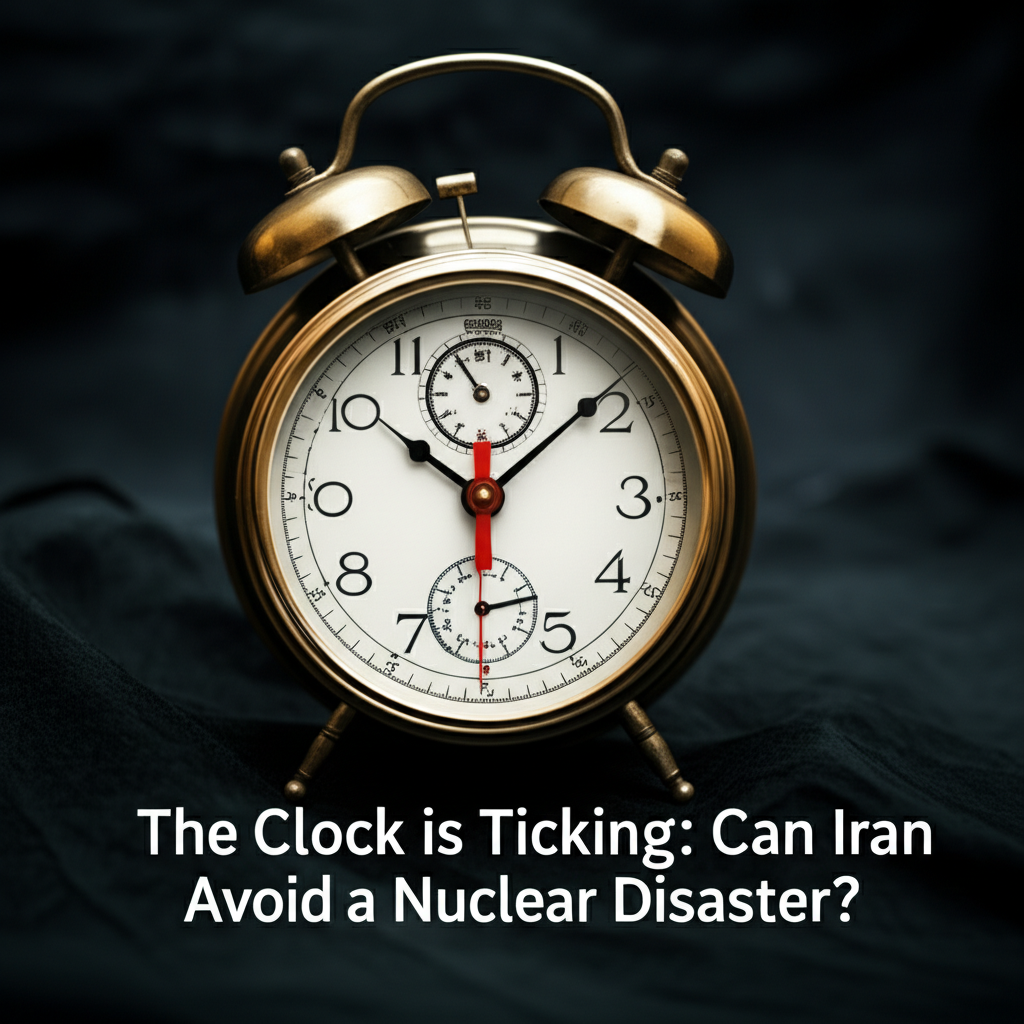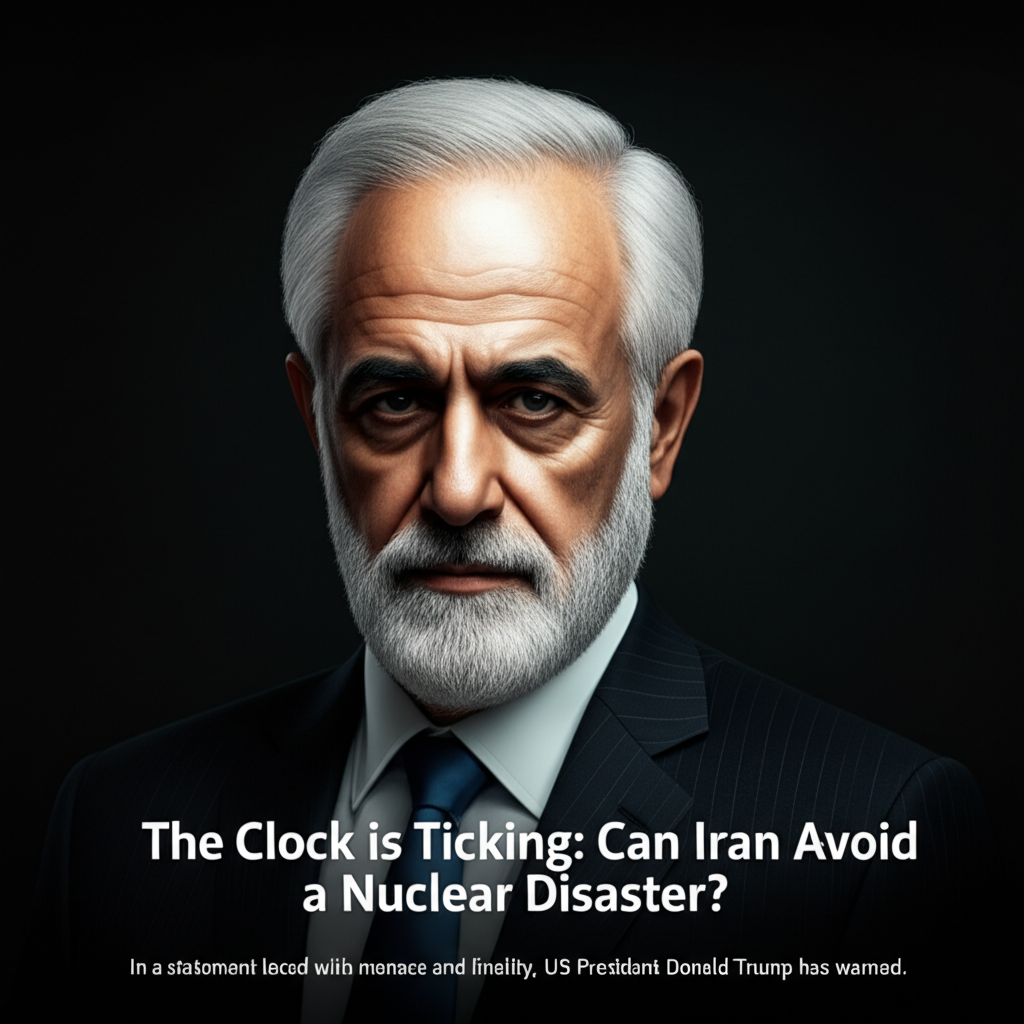Iran’s Nuclear Chiefs Meet Their End

Iran Nuclear:
The Clock is Ticking: Can Iran Avoid a Nuclear Disaster?
In a statement laced with menace and finality, US President Donald Trump has warned Iran to “just do it” and strike a nuclear deal, just hours after Israeli airstrikes killed several of Iran’s top military leaders and nuclear scientists. The devastating attack on Iran’s core nuclear infrastructure has sent shockwaves across the region, leaving many wondering if Tehran can avoid a catastrophic nuclear disaster.
The Israeli strikes, which targeted over 100 sites across Iran, were described as an act of war by Iranian Foreign Minister Abbas Araghchi. In a letter to the UN Security Council, he demanded an emergency response, warning that “there will be no limits” to Iran’s retaliation. The US and Israel have denied any involvement in the strikes, but Trump’s admission to Fox News that he had prior knowledge has raised eyebrows.
Trump claimed that Iran’s hardliners who had resisted previous peace overtures are now all dead, and urged Tehran to make a deal before it’s too late. He boasted of US and Israeli military supremacy, saying “Israel has a lot of it, with much more to come, and they know how to use it.” The US President also warned that the next already planned attacks would be even more brutal if Iran didn’t agree to a nuclear deal.
The stakes are high, with many fearing that this could be the start of a wider war in the Middle East. Israel’s Prime Minister Benjamin Netanyahu has pledged less restraint since the October 7, 2023, Hamas attack, which Iran supported. The region is already bracing for further fallout, with airports shut down, Gulf carriers suspended flights, and oil prices spiking.
The question on everyone’s mind is: can Iran avoid a nuclear disaster? With Trump’s warnings and Netanyahu’s threats hanging in the air, it seems like Tehran has little room for maneuver. But despite the soaring tensions, Trump insists that diplomacy still exists, if Iran acts fast. “No more death, no more destruction, JUST DO IT, BEFORE IT IS TOO LATE.”

The international community is left wondering what next? Should we intervene in the conflict between Israel and Iran? The consequences of inaction or intervention could be catastrophic. As the world holds its breath, one thing is certain: the fate of Iran’s nuclear ambitions hangs precariously in the balance.
The Fallout Spreads
The attack has sent shockwaves across the region, with many countries taking steps to protect themselves from potential retaliation. Jordan intercepted drones and missiles that crossed into its airspace, while Iraq, Jordan, and Iran halted all commercial flights. Gulf airlines canceled operations in Iran, Iraq, Syria, Lebanon, and Jordan. Tehran’s Imam Khomeini International Airport was shut, and long queues formed at petrol stations across the capital.
The Israeli military said intelligence had shown Iran was nearing the “point of no return” in its nuclear ambitions. The IAEA confirmed Natanz was among the targets and said it was “closely monitoring” the situation. As the region braces for further fallout, one thing is clear: this is a crisis that will not be resolved overnight.
The World Watches
The international community is watching with bated breath as the situation in Iran continues to unfold. The US has drawn down staff from regional bases, wary of Iranian threats. Secretary of State Marco Rubio warned Tehran against dragging Washington into the conflict, saying the US was not involved and should not be targeted.
But despite the soaring tensions, Trump insists that diplomacy still exists, if Iran acts fast. “There is still time to make this slaughter… come to an end.” Can Iran seize this opportunity? Or will it succumb to the pressure of its enemies? Only time will tell.
